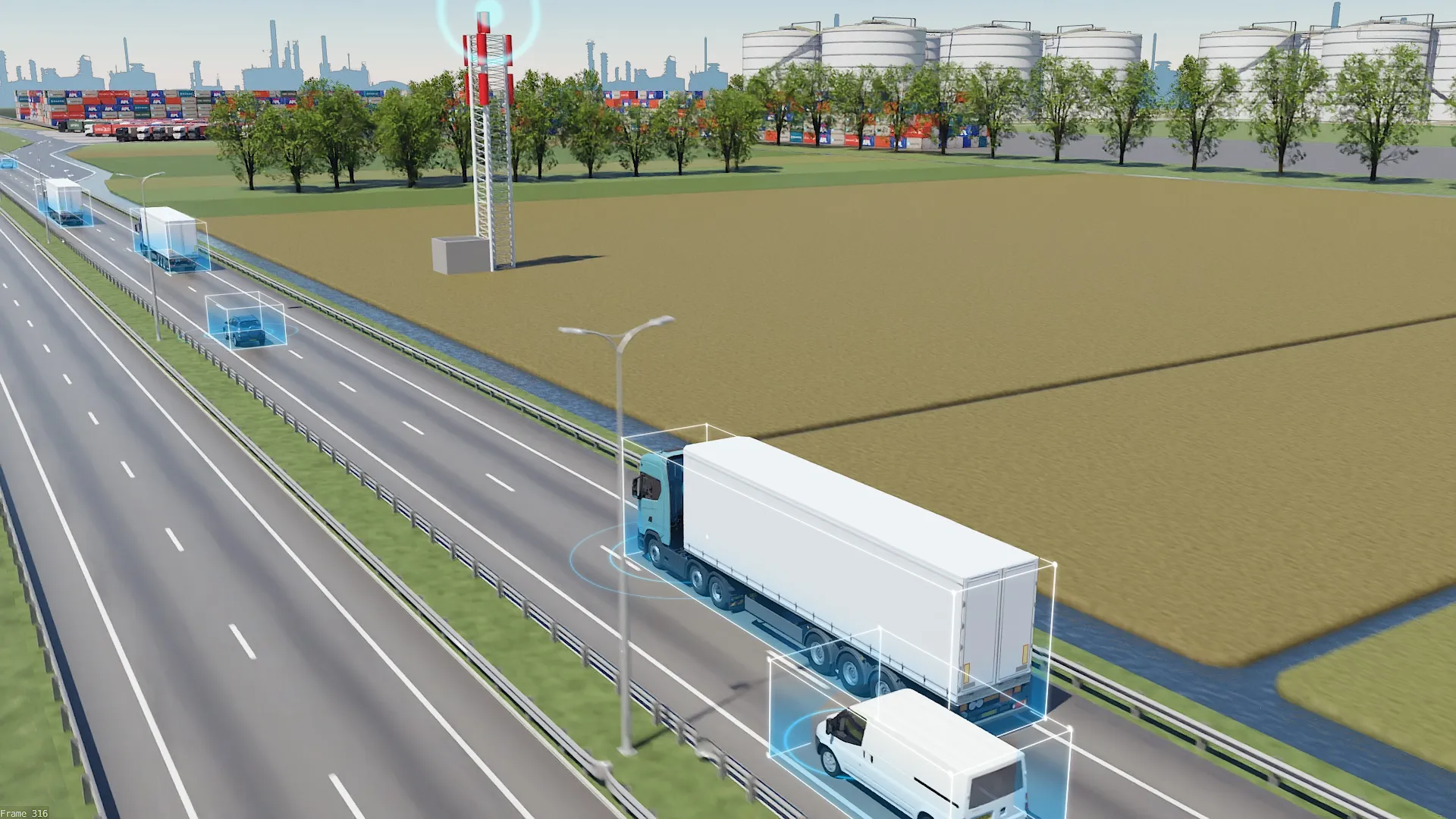The German division of UK telecommunications firm
ATC says the technology will transfer data volumes of up to ten gigabits per second with latencies of less than ten milliseconds as LTE successors. This is the technological basis for communicating cars with pedestrians and the entire traffic infrastructure, such as traffic lights. The ATC is also home to GALILEO test environment for the future European navigation system.
According to Prime Minister Armin Laschet, Digitization is a priority for the state government and it plans to invest US$8 billion (€7 billion) for digital change and develop a 5G strategy together with business and science.
German test centre invests in 5G technology for autonomous vehicle testing
The German division of UK telecommunications firm Vodafone is equipping the Aldenhoven Testing Center (ATC) test track in the state of North Rhine-Westphalia, Germany with the latest 5G network technology to enable the ATC to test autonomous vehicle concepts such as autonomous braking. ATC says the technology will transfer data volumes of up to ten gigabits per second with latencies of less than ten milliseconds as LTE successors.
September 4, 2017
Read time: 1 min







